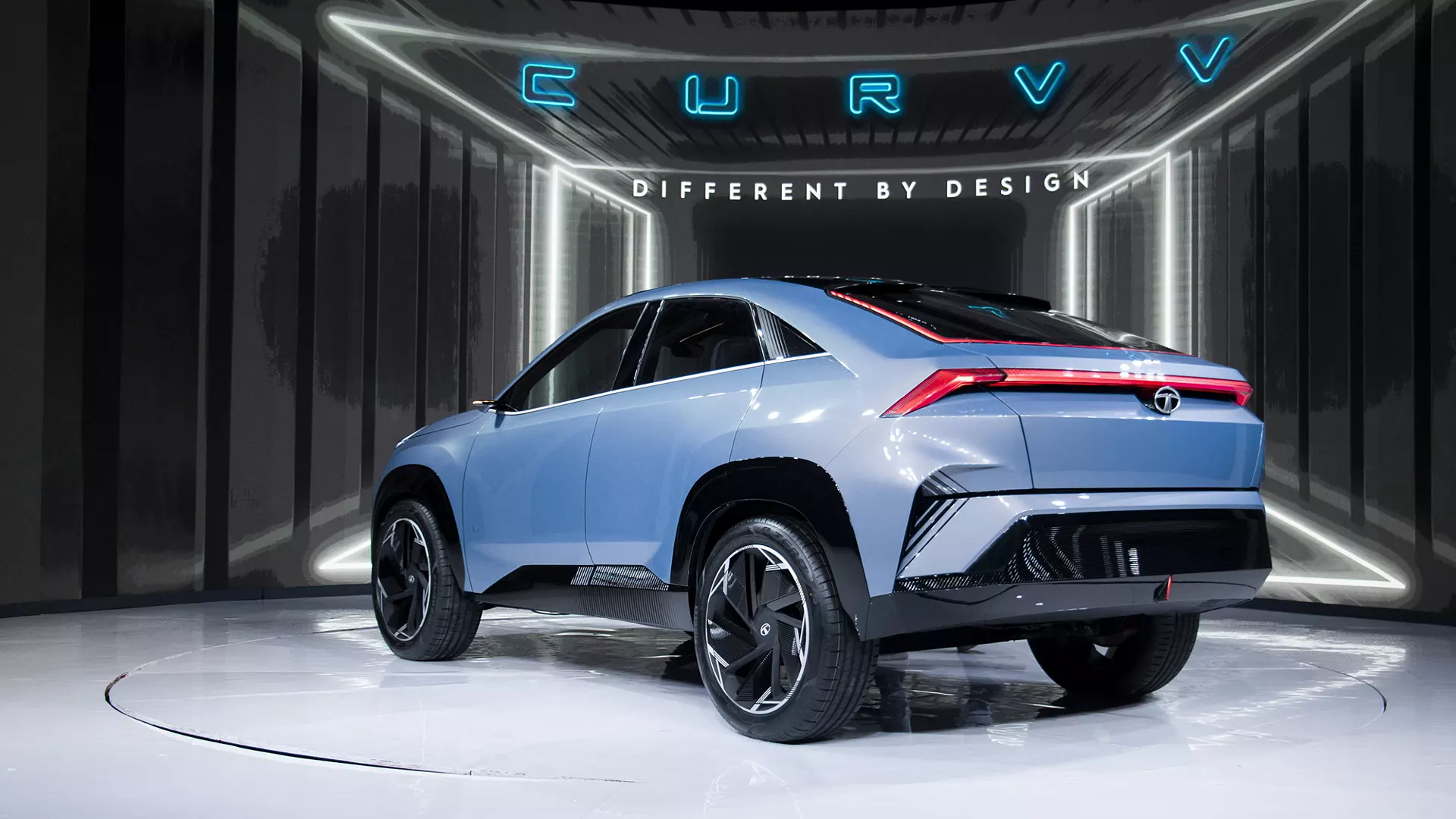
Table of Content
▼The electric vehicle (EV) market in India continues its remarkable growth trajectory, with sales of electric cars increasing by 20% in 2024. This surge reflects a growing consumer preference for sustainable mobility solutions, driven by supportive government policies, improved infrastructure, and innovative offerings from leading automakers.
Tata Motors: A Market Leader
Tata Motors solidified its position as the top EV manufacturer in India, commanding a significant share of the market. The companyu2019s lineup, including popular models like the Nexon EV and Tigor EV, has been instrumental in making EVs accessible to a wider audience. Tatau2019s focus on affordability, performance, and an expanding charging network has resonated well with Indian consumers.
Key Factors Behind the Growth
- Policy Support: The governmentu2019s incentives under the Faster Adoption and Manufacturing of Hybrid and Electric Vehicles (FAME) scheme, coupled with state-level subsidies, have significantly reduced the cost of ownership for EV buyers.
- Infrastructure Expansion: Investments in charging stations and battery swapping infrastructure have alleviated range anxiety, a major barrier to EV adoption.
- Awareness Campaigns: Initiatives promoting the environmental and economic benefits of EVs have encouraged more buyers to consider electric options.
- Technological Advancements: Improvements in battery technology, extended ranges, and enhanced safety features have bolstered consumer confidence.
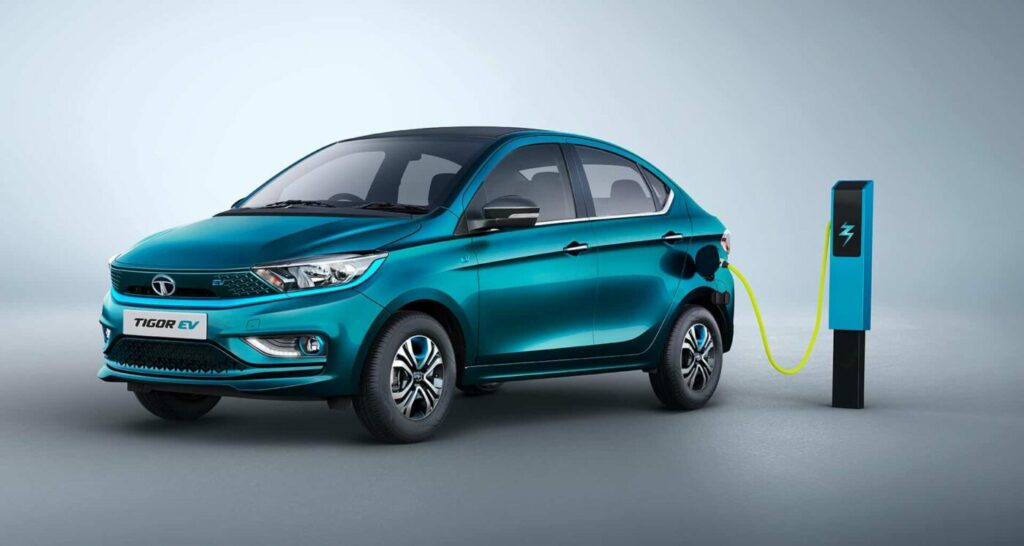
Other Players Gaining Ground
While Tata Motors remains the leader, other players like MG Motors, Hyundai, and Mahindra have also seen notable success in the Indian EV market. MG ZS EV and Hyundai Kona Electric have emerged as strong contenders, offering premium features and longer ranges. Additionally, new entrants in the EV space have introduced innovative models catering to diverse consumer needs.
Challenges Ahead
Despite the impressive growth, the EV sector faces challenges such as high initial costs, limited charging infrastructure in rural areas, and the need for more localized battery production to reduce dependence on imports. Addressing these hurdles will be crucial to sustaining momentum in the coming years.
A Promising Future
With a 20% growth rate in 2024, the Indian EV market is on track to become a major contributor to the countryu2019s green mobility goals. As consumer demand grows and more automakers invest in electric technology, India is poised to accelerate its transition towards a sustainable automotive future.
Also Read: Types of Car Loans in India: A Comprehensive Guide
Neha Mehlawat
Neha Mehlawat is an automotive journalist and industry analyst with 10+ years of experience covering cars, bikes, and mobility trends. She tracks the latest launches, technology upgrades, and policy changes in the auto sector, delivering sharp insights that help readers stay ahead in the fast-evolving world of automobiles.
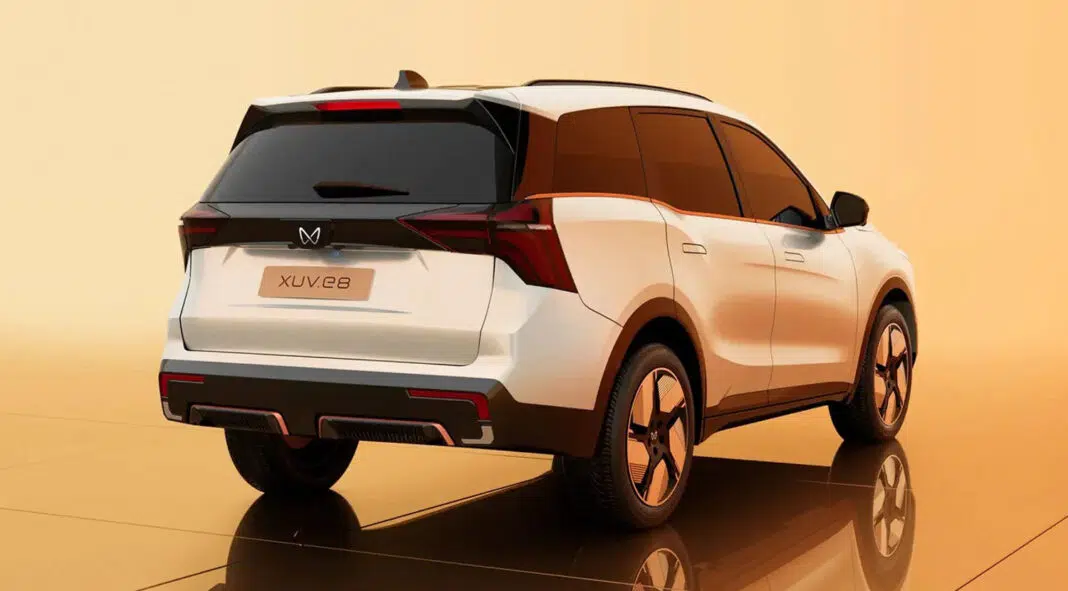
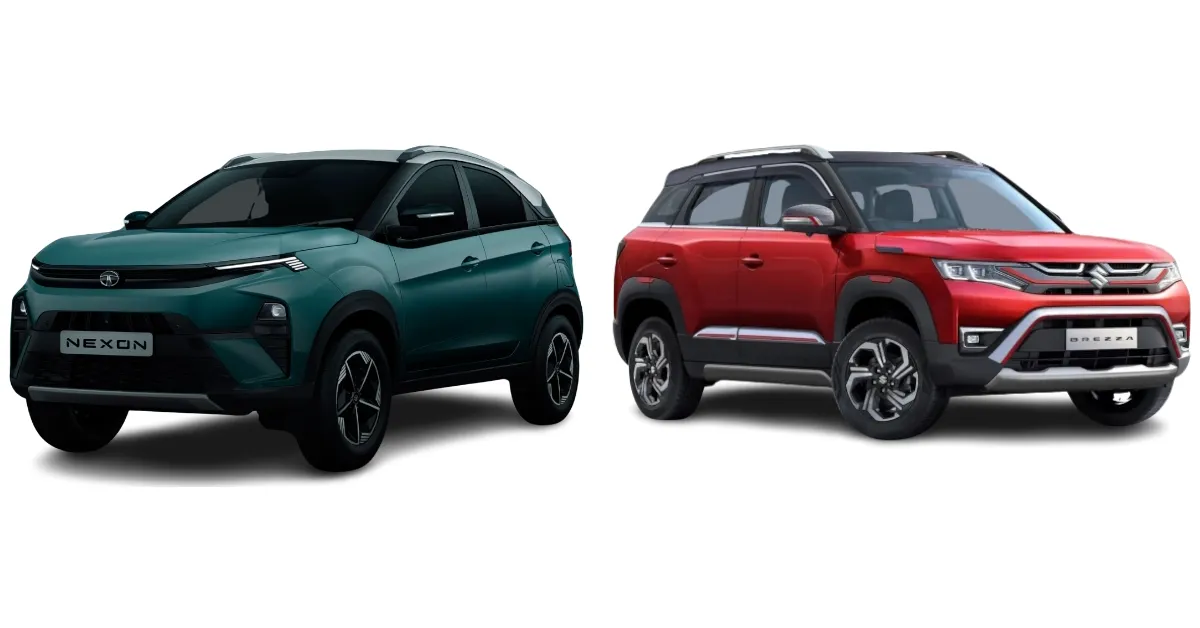
_1649236136.jpg)
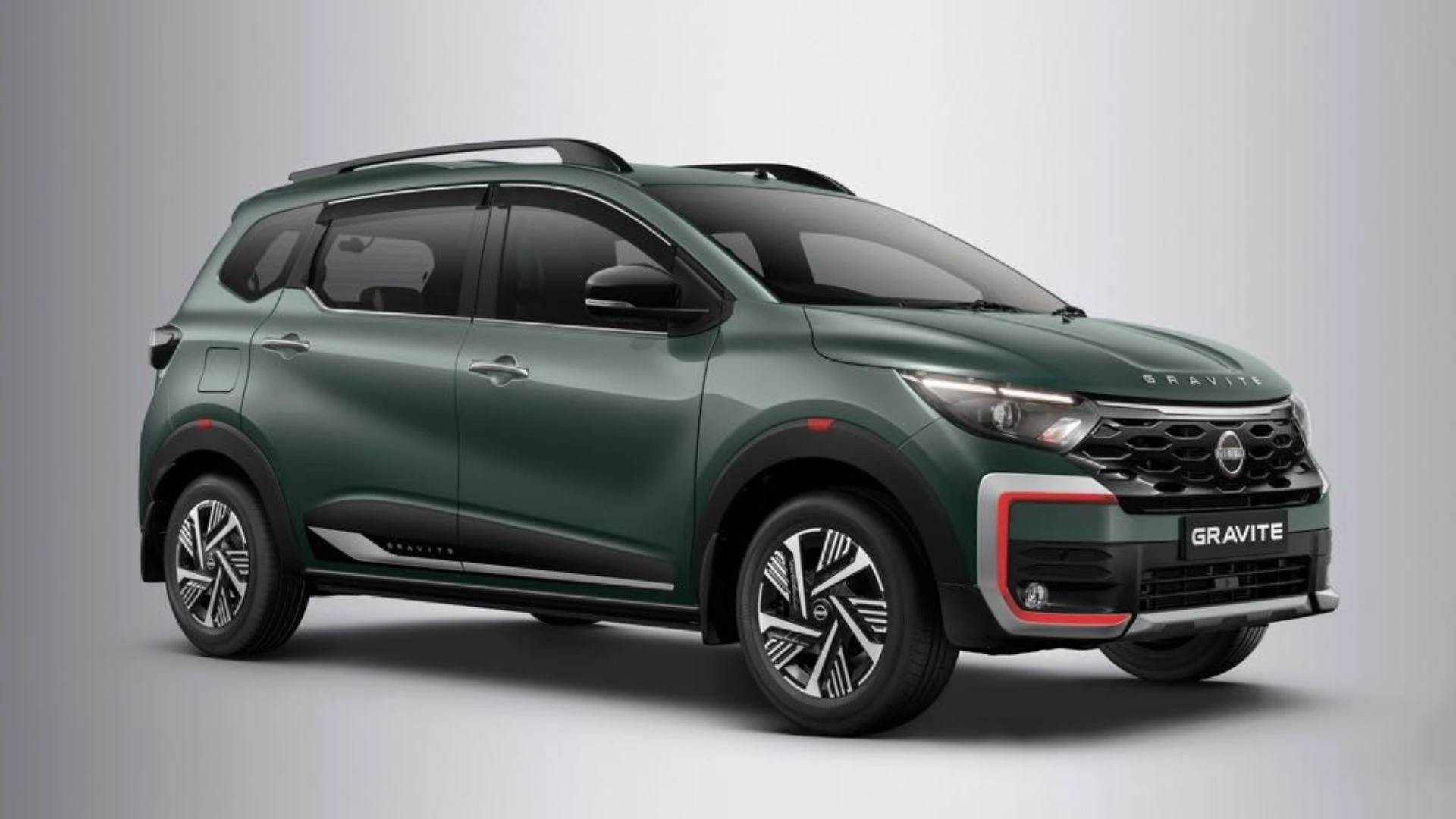
_1771309956.webp)
_1770973085.webp)


